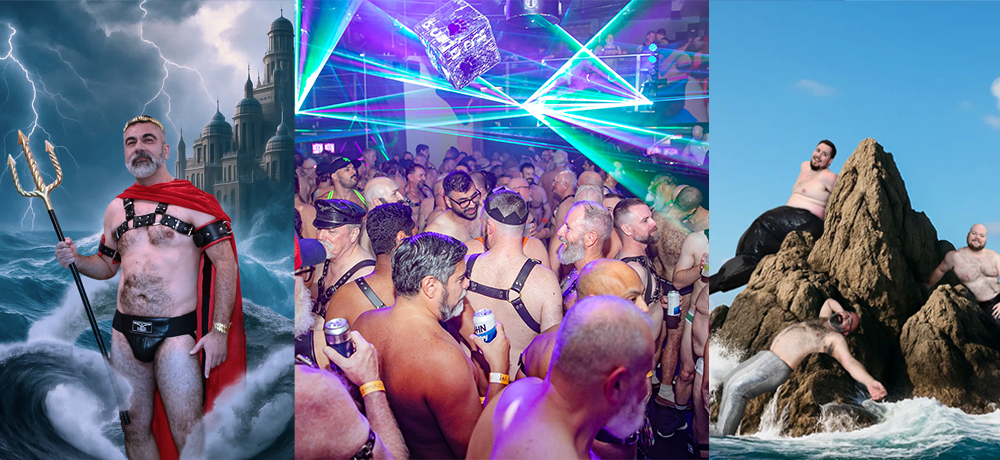
Marching forward to equality
In May last year a grey concrete wedge containing vision of a same-sex couple kissing was unveiled in Berlin’s famous Tiergarten as a memorial to the gay German men who were persecuted during the Nazi regime.
At the unveiling, openly gay Berlin Mayor Klaus Wowereit said, This memorial is important from two points of view -” to commemorate the victims, but also to make clear that even today, after we have achieved so much in terms of equal treatment, discrimination still exists daily.
Bremen-educated Sascha, 28, agrees that discrimination on the basis of sexuality occurs in Germany today. Sascha believes the reason is because the wider German population is only comfortable with homosexuality when it’s not brought to their attention.
There is broad acceptance of homo-sexuality. However, as long as they keep it quiet and not discuss being gay on a daily basis then everything is fine, said Sascha.
In 2000 First Lieutenant Winfried Stecher made international news when he alleged that the Ministry of Defence demoted him because of his sexuality. Stecher filed a lawsuit that would have set a precedent for discrimination in the military. However the Ministry reinstated him before the case was heard in the Federal Constitutional Court.
It takes somebody to stand up and say, -˜it’s openly discriminatory.’ I’m sure it’s happened before, and people haven’t stood up because they are afraid of further consequences, Sascha said.
In August 2006 the German Parliament passed comprehensive laws banning discrimination in the workforce on the basis of sexuality. It makes it harder to discriminate against gay people. I have a feeling that discrimination will still happen though, Sascha said.
The anti-discrimination laws were passed after seven years of internal discussions after Germany signed the Treaty of Amsterdam, an EU agreement requiring member states to take appropriate action to combat discrimination based on sex, racial or ethnic origin, religion or belief, disability, age or sexual orientation.
Sascha believes that gay Germans currently enjoy legal protection for two reasons. There was pressure from the EU because human rights are important to the European community. But also the people in the country have been open towards these issues, he said.
While German society prefers not to have homosexuality flaunted before them, the population is generally content for gay people to enjoy equal rights. In 2001 the German Parliament passed the Life Partnership Act allowing for registered partnerships, with adoption made legal in 2004.
When equality laws were challenged in 2002 by three states, including Bavaria, as being unconstitutional, the Federal Constitutional Court rejected the claim.
Regarding the court’s decision, Volker Beck, an openly gay parliamentarian with the Greens Party, said, This is a gigantic day for gays and lesbians in Germany.
Berlin currently enjoys a reputation as a European gay mecca: a reputation solidified by Christopher Street Day, the German equivalent of Mardi Gras, which attracted 400,000 revellers in June last year.
Sascha has been in Sydney for six months on a working holiday visa.
I wanted to see something else, broaden my horizons, he said. The people here are more friendly than Germans.
The community is quite active here, especially with the sports clubs.









